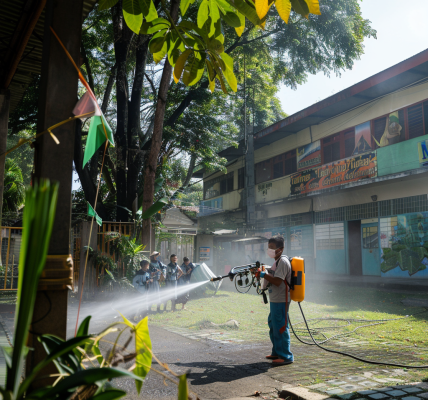The Russian Ministry of Health has made a significant announcement regarding the development of a new cancer vaccine, which is set to be made available to patients at no cost starting in early 2025. This groundbreaking news was shared by Andrey Kaprin, the General Director of the Radiology Medical Research Center, during a recent interview on Russian radio, as reported by TASS, the state-owned news agency.
Unlike traditional vaccines that aim to prevent diseases, this innovative cancer vaccine is designed specifically for therapeutic purposes, targeting existing cancer cases rather than serving as a preventive measure for the general population. Each vaccine will be personalized, tailored to the unique genetic makeup and tumor characteristics of individual patients.
Alexander Gintsburg, the Director of the Gamaleya National Research Center for Epidemiology and Microbiology in Moscow, provided further insights into the vaccine’s potential. He indicated that the vaccine has the capability to suppress tumor growth and may halt the spread of cancerous cells, offering hope to those battling the disease.
Despite the excitement surrounding this announcement, several critical questions remain unanswered. It is unclear which specific types of cancer the vaccine will target, its overall efficacy, and even the name of the vaccine itself. The Russian Ministry of Health, along with the National Medical Research Radiological Center and the Gamaleya Center, has been contacted for clarification regarding these details.
The development of cancer vaccines is not unique to Russia. Several countries are actively pursuing similar projects. In 2023, for instance, the United Kingdom government entered into a contract with a German biotechnology firm to create personalized cancer treatments. Additionally, pharmaceutical giants like Moderna and Merck & Co are in the process of developing a vaccine aimed at skin cancer.
There are already vaccines available that help prevent certain types of cancer. The human papillomavirus (HPV) vaccine, for example, is widely recognized for its role in preventing cervical cancer. In the United States, researchers at the University of Florida are exploring a personalized mRNA vaccine specifically for brain cancer. This approach involves extracting genetic material from a patient’s surgically removed tumor, which may share similarities with the methodology behind the Russian vaccine.
In recent years, the field of cancer immunotherapy has gained momentum, focusing on harnessing the body’s immune system to combat cancer. By training the immune system to recognize and attack cancer cells, these treatments aim to improve patient outcomes significantly. The potential of personalized vaccines in this domain is particularly promising, as they can be tailored to the individual characteristics of each patient’s cancer.
The announcement of Russia’s free cancer vaccine initiative has sparked interest and optimism within the medical community and among patients alike. As the world continues to grapple with the challenges posed by cancer, advancements in treatment options, particularly those that leverage innovative technologies, are crucial. The ongoing research and development in this area underscore the importance of collaboration and knowledge-sharing among scientists and healthcare professionals globally.
As further information becomes available regarding the specifics of the Russian cancer vaccine, including its mechanism of action and clinical trial results, the global medical community will be watching closely. The hope is that this initiative will not only provide new treatment options for patients in Russia but also contribute to the broader understanding of cancer therapies worldwide.





